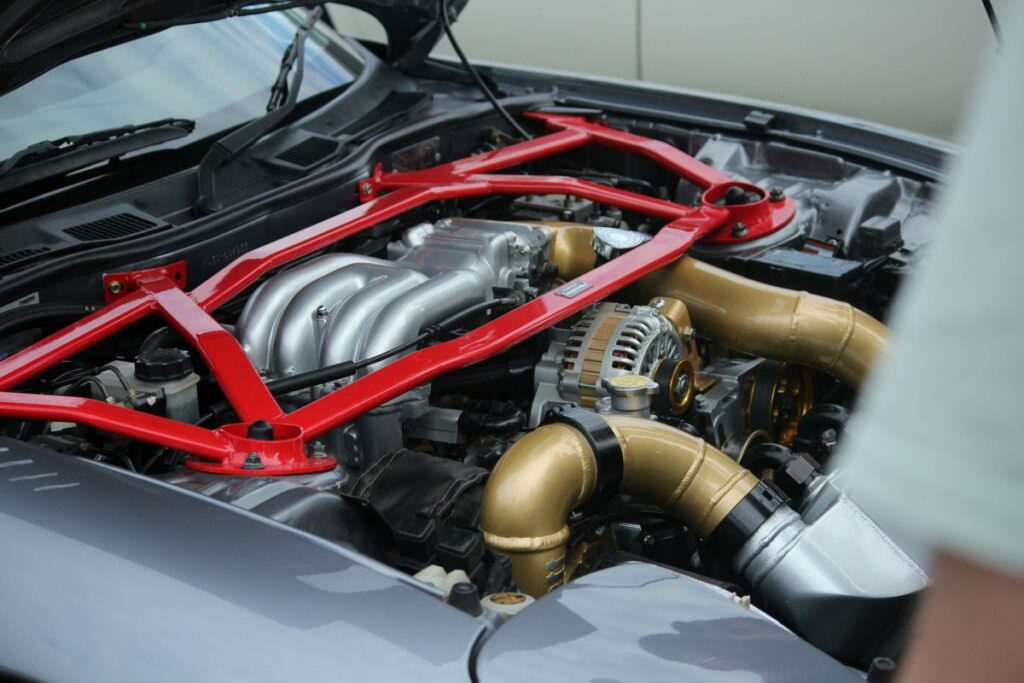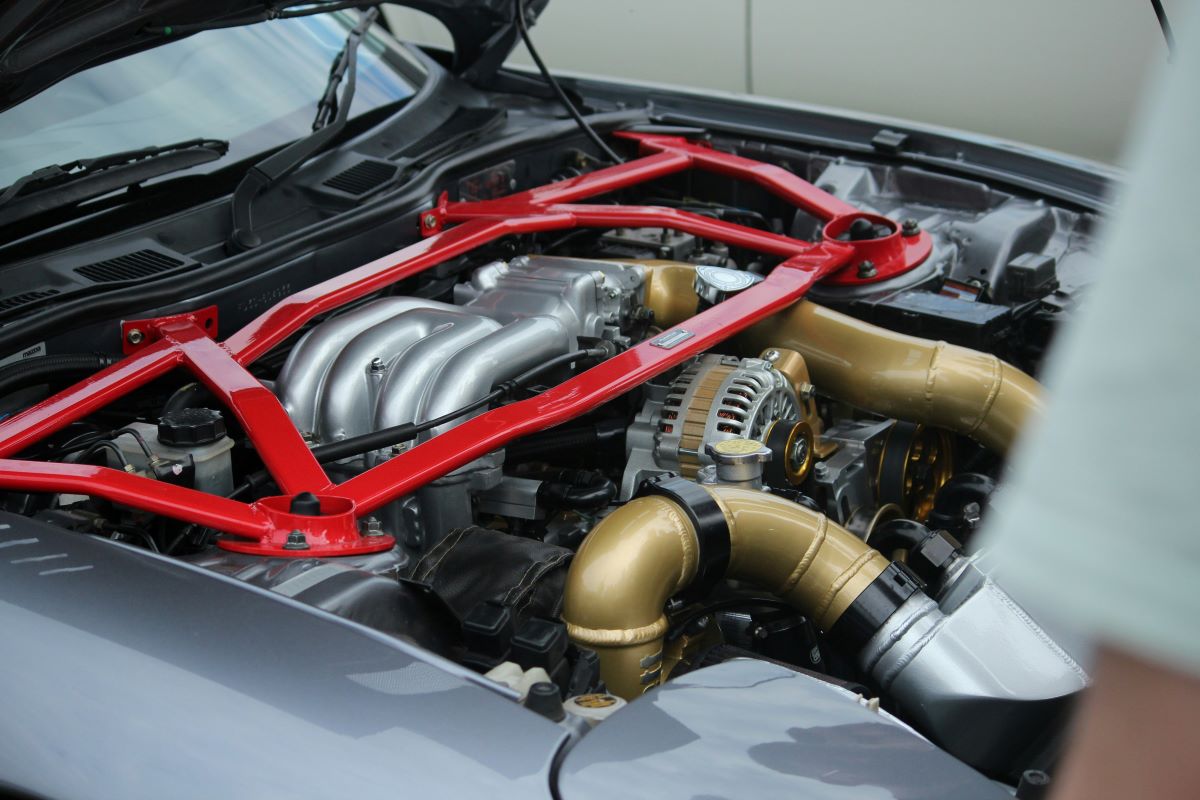In the automotive industry, ultra-high heat-resistant exhaust pipes ensure the performance and longevity of high-performance vehicles. These pipes are built to withstand extreme temperatures and stresses. They are essential for supercars and other high-performance vehicles that generate significant heat. This article explores the materials used, how they handle extreme temperatures, and the advanced thermal management technology enhancing their durability.
The Need for Ultra-High Heat-Resistant Exhaust Pipes
Supercars and high-performance vehicles push the limits of speed and power, reaching temperatures that can damage standard exhaust systems. These vehicles require exhaust pipes that withstand extreme heat, intense pressure, and corrosive gases while maintaining structural integrity.
To meet these demands, manufacturers turn to ultra-high heat-resistant exhaust pipes. These pipes are crafted from specialized materials that can endure the severe heat produced by performance engines. The selection of the right materials is crucial to ensure the exhaust system functions efficiently, prevents failure, and contributes to the vehicle’s overall performance.
Materials for Ultra-High Heat-Resistant Exhaust Pipes
Manufacturers use several materials in the production of ultra-high heat-resistant exhaust pipes. Each material is chosen for its unique properties, enhancing durability and resistance to high temperatures.
Stainless steel is a popular choice for exhaust pipe construction due to its excellent corrosion and heat resistance. While durable and cost-effective, stainless steel exhaust pipes may need additional thermal management to handle the extreme heat levels in supercars.
Titanium: Titanium is another popular material for high-performance exhaust systems. It is lighter than stainless steel, offers superior heat resistance, and can withstand the extreme temperatures produced by turbocharged and performance engines. Titanium exhaust pipes are known for their ability to resist warping and degradation over time.
Inconel: Inconel is a nickel-chromium alloy that is often used in extremely high-temperature applications, such as jet engines and high-performance exhaust systems. Inconel is highly resistant to oxidation and maintains its strength even at elevated temperatures, making it ideal for ultra-high heat-resistant exhaust pipes.
Ceramic Coatings: In addition to high-performance metals, ceramic coatings are sometimes applied to exhaust pipes to provide an additional layer of heat resistance. These coatings can reflect heat away from the exhaust system, further enhancing the durability of the pipe and protecting surrounding components.

Thermal Management Technology for Exhaust Pipes
Thermal management is a vital aspect of ultra-high heat-resistant exhaust pipe technology. Effective thermal management ensures that the exhaust system can operate at peak efficiency without risking damage to the vehicle or the exhaust components. Several technologies help manage the heat in these systems.
Heat Shielding: Manufacturers often incorporate heat shields into the exhaust system to reduce temperatures around critical components. These shields reflect heat away, preventing buildup and minimizing failure risks.
Insulation: Another effective method for controlling temperature in exhaust systems is insulation. Manufacturers apply specialized insulating materials to exhaust pipes, reducing heat transfer and protecting nearby components. Insulation helps maintain the longevity of the exhaust system, keeping it within optimal temperature ranges.
Ventilation Systems: Some high-performance exhaust systems feature advanced ventilation designs that allow heat to escape more efficiently. These systems improve airflow around the exhaust pipe, aiding in the dissipation of heat and preventing the exhaust from overheating.
The Durability of Ultra-High Heat-Resistant Exhaust Pipes
Durability is one of the most important factors when choosing materials for exhaust pipes. High-performance exhaust systems are subjected to extreme conditions that can cause wear and tear over time. Without the proper materials and thermal management technology, these systems can fail prematurely.
By using advanced materials like titanium, Inconel, and ceramic coatings, manufacturers are able to create exhaust pipes that are highly resistant to the damaging effects of extreme temperatures. The incorporation of heat shields, insulation, and ventilation systems further extends the lifespan of these pipes.

Conclusion
Ultra-high heat-resistant exhaust pipes are essential for supercars and high-performance vehicles. The right materials and thermal management technologies ensure these exhaust systems can handle the extreme temperatures produced by powerful engines. Materials like stainless steel, titanium, and Inconel provide the durability required for these demanding applications. Advanced thermal management technologies, including heat shielding and insulation, further enhance the longevity and efficiency of these exhaust systems. As the automotive industry continues to evolve, the development of more heat-resistant materials and innovative thermal management techniques will further enhance the performance and reliability of ultra-high heat-resistant exhaust pipes.
At Saiyunjia, we specialize in providing high-quality, durable, ultra-high heat-resistant exhaust pipes designed to meet the demands of high-performance vehicles. We design our custom solutions to last and withstand extreme temperatures, ensuring your vehicle’s exhaust system performs at its best for years.


